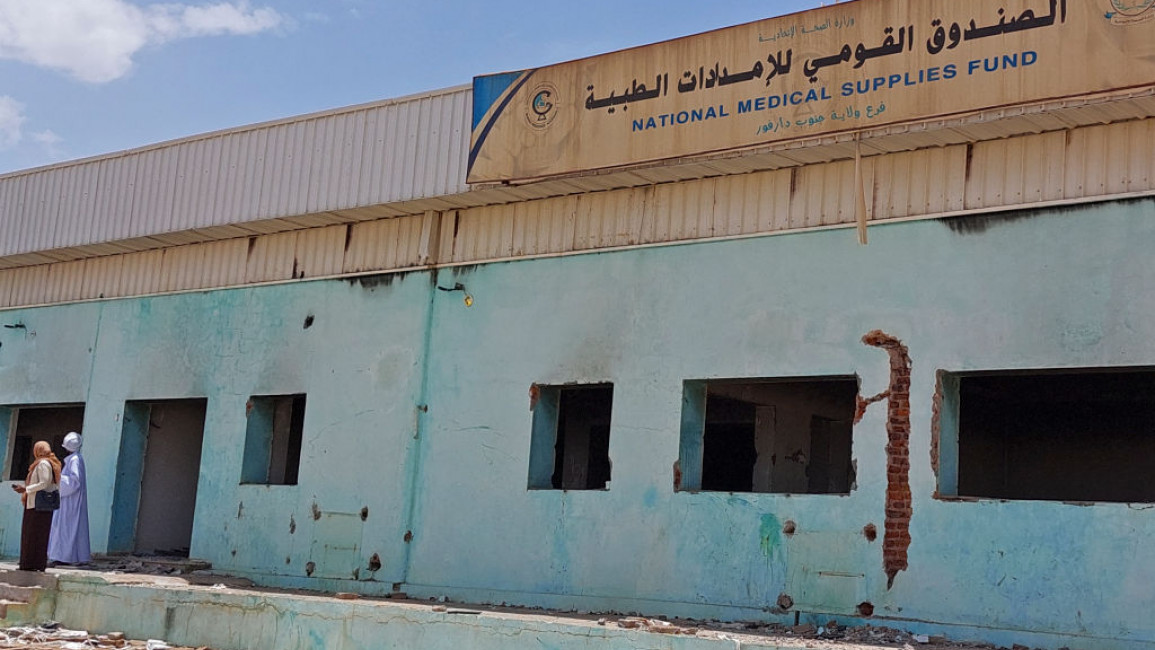Residents flee Sudan's South Darfur region as battles intensify: witnesses
A major city in Sudan's western Darfur region was rocked Monday by "the sound of artillery strikes" as residents fled violence-wracked Nyala in their dozens, witnesses told AFP.
Hundreds has on Sunday fled paramilitary attacks in Nyala, Sudan's second city and state capital of Darfur South, as fighting intensified in the restive region bordering Chad.
Darfur and the capital Khartoum have been in throes of nearly four months of fighting between Sudan's army led by General Abdel Fattah al-Burhan and the paramilitary Rapid Support Forces (RSF) of his former deputy Mohamed Hamdan Daglo.
"Despite difficulties in accessing the hospital in Nyala due to the bombardments, we received on Sunday 66 injuries and six deceased," a medical source at a local facility told AFP.
Darfur has long been the site of deadly fighting since a war that erupted in 2003 and saw the feared Janjaweed - precursors of the RSF - unleashed on ethnic minority rebels.
The vast region has now become a stronghold for RSF fighters, with the city of El-Geneina having been the site of likely "crimes against humanity", according to the United Nations.
Numerous rights groups and witnesses have reported the massacre of civilians and ethnically driven attacks and killings in Darfur, largely by the paramilitaries and their allied Arab tribal militias.
Since the start of Sudan's conflict on April 15, "more than 358,000 refugees have arrived" in the town of Adre, across Sudan's border with Chad, according to Doctors Without Borders (MSF).
The charity sounded the alarm over refugee accommodation in Adre, saying "shelter and basic facilities available in the camps are wholly inadequate to meet the needs of the incoming people".
As a result, the refugees "are exposed to harsh sun and rain, with insufficient food, water, and even cooking supplies", said Susanna Borges, MSF's emergency coordinator in Chad.
And with the arrival of the rainy season in June, epidemic risks have multiplied, MSF said, with a single clinic in Adre recording "956 malaria cases, nearly three times the previous week's count".
Fighting also continued on Monday across various parts of the Sudanese capital, where residents reported "intense air strikes and powerful explosions".
The conflict has so far killed at least 3,900 people, according to a conservative estimate by the Armed Conflict Location & Event Data Project.
More than four million Sudanese have been displaced by the brutal warfare, according to UN figures.
In a rare public address on Monday, Burhan said Sudan "is facing the largest conspiracy in its modern history, targeting the entity, identity, heritage and fate of our people".
He accused Daglo of subjecting the Sudanese people to "the worst of terrorism and war crimes", during a speech in the eastern Gedaref state marking Armed Forces Day.



